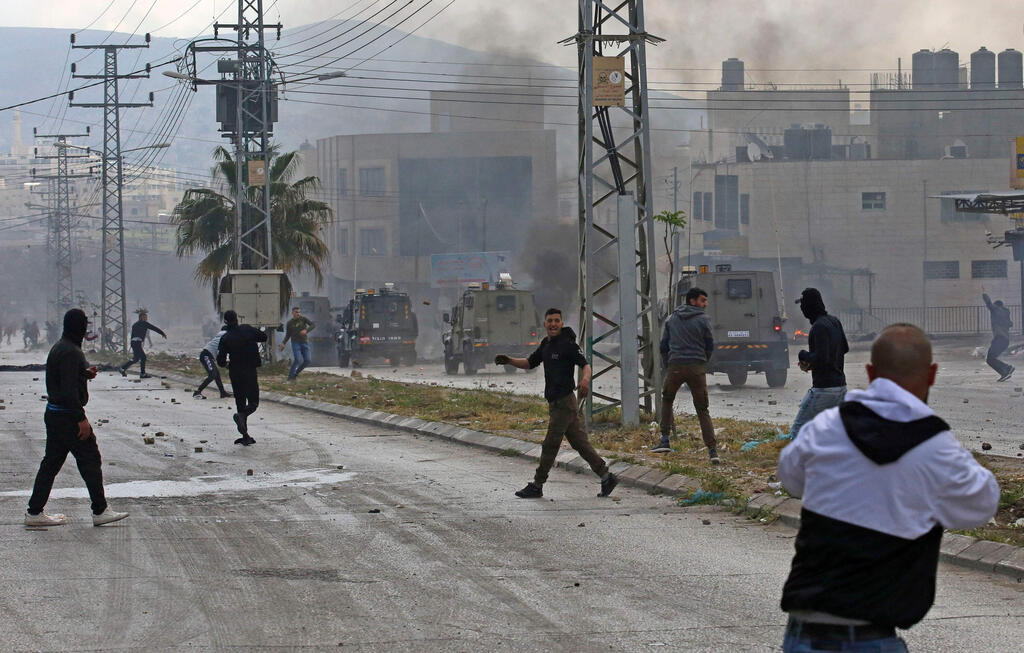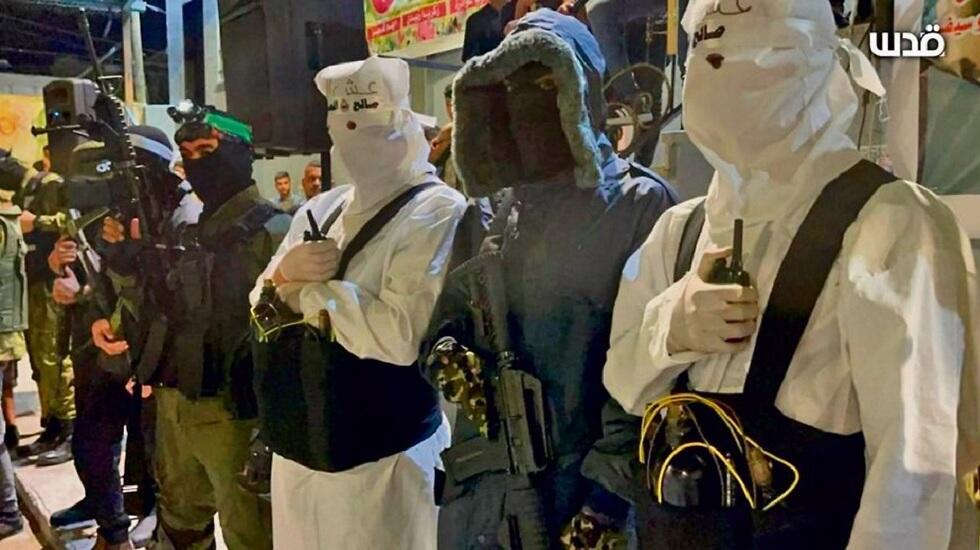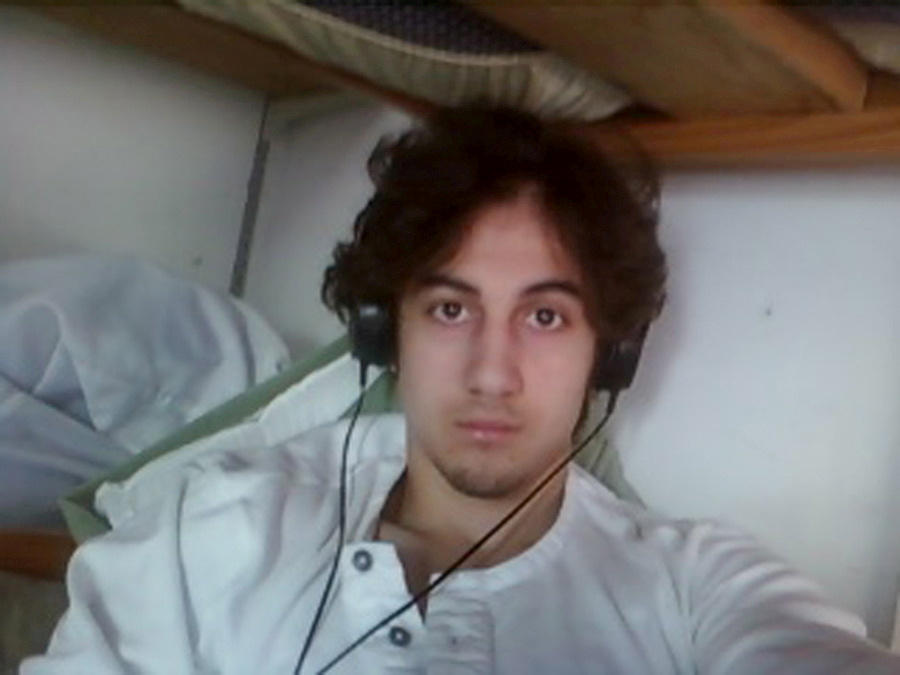Getting your Trinity Audio player ready...
One of the biggest challenges in counterterrorism is obtaining accurate intelligence on time, and interrogating terrorists has proven to be a reliable source for that.
So far, all the attacks in this current terror wave have ended with the killing of the terrorist, and I can't help but ask: Is this necessarily always the right course of action? Do we not prefer, in some cases, to neutralize the terrorist without killing them, and hand them over to the intelligence services?
This goes without saying that in many cases, using all means necessary to take down the terrorist at the very moment of the attack is crucial for the safety of our own people, like in Bnei Brak, for example. The question is should security forces be instructed to use a bit more judgment, especially if they know they have a clear fore, before killing the terrorist?
The tragic attack at the Ilka Bar in Tel Aviv last Thursday was carried out by a terrorist who shot dead three civilians and wounded 20 others. He fled the scene and was gunned down near a mosque in Jaffa after an eight-hour manhunt. Turns out, the terrorist Ra’ad Hazem was a Palestinian from the northern West Bank city of Jenin who had entered Israeli illegally. Before his capture, Hazem shot at the forces surrounding him, making his death inevitable, right?
An attacker's chances of getting away from the heavily armed forces hunting him down are close to none, especially given his identity and profile are known. With the IDF Hostage Rescue Team already on-site, would it not have been smarter to try to convince him to surrender?
5 View gallery
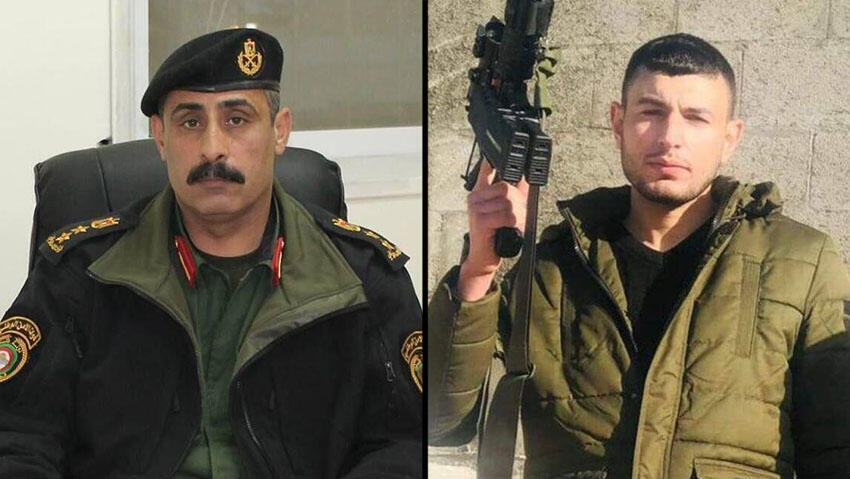

Ra’ad Hazem, left, and his father Fathi, a former officer in the Palestinian Authority's security forces
Instead, we're left with many open ends: How did he get over the separation barrier? Where exactly did he break in from? Who helped him? Who knew of his plans? Were his family and friends aware? How did he get to Umm al-Fahm, and then on a bus to Tel Aviv? Did he plan on continuing his terror spree from the mosque in Jaffa?
And probably the most burning question: What could he have told us about what was going on in Jenin?
A case study worth weighing against this one is the 2016 terror attack at the Simta Bar in Tel Aviv. The terrorist Nashat Melhem, a 29-year-old Israeli citizen from the northern Arab town Ar'ara, shot and killed two civilians, wounded seven others, and managed to escape.
He went on to kill a cab driver from Lod that drove him to northern Tel Aviv, from where he took a bus back to his town and bunkered down. Security forces tracked Melhem down only a week later in an abandoned building, where they eventually killed him after he opened fire at them. He took many mysteries with him down to the grave: Who knew of his plans? Who provided him with the firearm? Who helped him hide for a week and brought him food and ammunition?
Tracking down and killing the terrorist was widely regarded as a success among Israeli security forces, but I beg to differ.
Could the snipers have hit him without killing him? While he did shoot at the forces that surrounded his hideout, where could he have run to after being encircled?
Several suspected accomplices were brought to court. But it's safe to assume we didn't get close to uncovering the whole picture.
The question remains: Why kill when you can neutralize?
5 View gallery
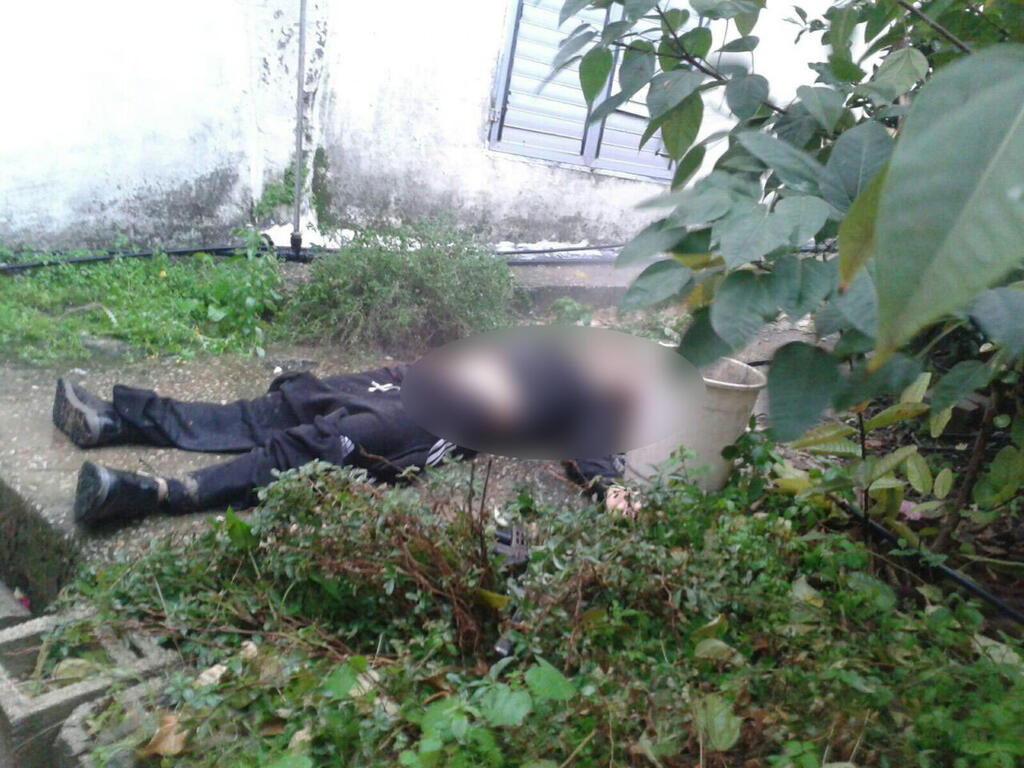

Body of terrorist, Nashat Melhem, who carried out the attack at the Simta Bar in 2016
Another case worth looking into is the 2013 Boston Marathon bombing in which three people were killed and 264 were wounded.
The FBI quickly published images of two suspects captured by nearby security cameras, and soon after discovered their identities — Tamerlan Tsarnaev and Dzhokhar Tsarnaev, Muslim brothers of Chechen descent that immigrated to the U.S. in 2002.
American security forces chased down the brothers, killing one and surrounding the other until he surrendered. He was brought to court and was given the death penalty, which was later commuted to life in prison.
In his investigation, Tsarnaev revealed that their friends were aware of their intention to out a terrorist attack and did not report it to authorities. As a result, they too were arrested and tried. He also told his investigators that he and his brother acted alone, but were influenced by Al-Qaeda and learned how to make explosives online.
A congressional committee released a report in 2014 revealing severe operational shortfalls that let the attack slip under the radars of the police and intelligence services.
Catching the terrorist alive, however, brought them crucial information and taught them important lessons about dealing with terrorism in the future.
This essay does not delve into any of the issue's moral dilemmas and as noted above, only the situation on the ground dictates behavior in real time. But it does raise several considerations pertaining to the extraction of intelligence from terrorists to prevent the next attack.
Perhaps, the defense establishment may already have answers to these questions, but nonetheless, it seems that this issue should be part of the discourse.


